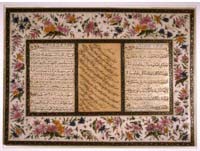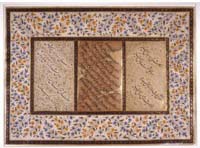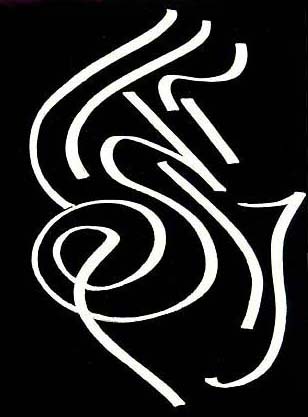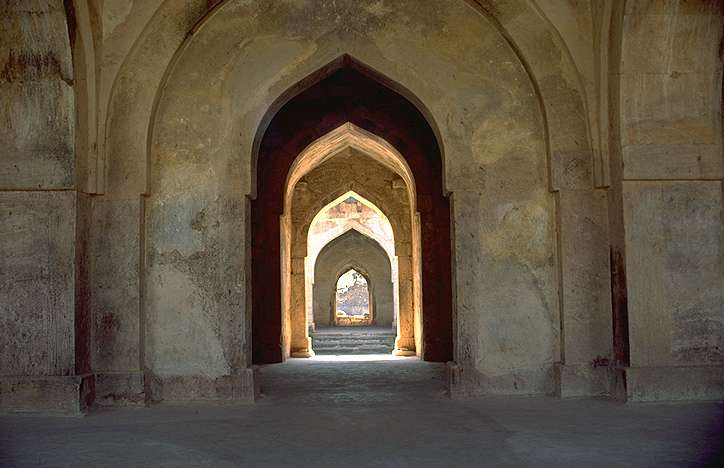 |
 |
 |
 |
 |
 |
|
|
 |
|
Readings in Urdu Literature SPRING 2013 COURSE MATERIALS: |
|
Syllabus
for Spring 2013: The Urdu Ghazals of Mirza
Asadullah Khan 'Ghalib'
~~~~~~~ *'Desertful of Roses' index
page* More details will be added here, and any necessary changes made, as the semester progresses. Please check this syllabus regularly for all current information. *Urdu
Meter:
a Practical Handbook* (not required but very
helpful)
WEEK TWO == Tu. Jan. 29, Th.
Jan. 31 WEEK THREE == Tu. Feb. 5, Th.
Feb. 7 WEEK FOUR == Tu. Feb. 12, Th.
Feb. 14 WEEK FIVE == Tu. Feb. 19, Th.
Feb. 21 WEEK SIX == Tu. Feb. 26, Th.
Feb. 28 WEEK SEVEN == Tu. Mar. 5,
Th. Mar. 7 WEEK EIGHT == Tu. Mar. 12, Th.
Mar. 14 WEEK NINE == Tu. Mar. 26, Th.
Mar. 28 WEEK TEN == Tu. Apr. 2, Th. Apr.
4 WEEK ELEVEN == Tu. Apr. 9, Th.
Apr. 11 WEEK TWELVE == Tu. Apr. 16, Th.
Apr. 18 Saturday Apt.
20: our annual Workshop: *"From
Amir Hamzah to Chandrakanta: How Long a
Journey?"* WEEK THIRTEEN == Tu. Apr. 23,
Th. Apr. 25 WEEK FOURTEEN == Tu. Apr. 30,
Th. May 2 PARTY at Prof. Pritchett's apt.
(details to be given in class) EXAM: Tu. May 14th, 114 Knox, 7:10
(plus oral exams to be scheduled individually) |
 |
|
Qissah-e Chahar Darvesh (Bagh
o Bahar) == fall 1994 Partition literature (Tahira
Naqvi, spring 2001) |
| -- back to top of page -- back to FWP's main page -- |